Menu
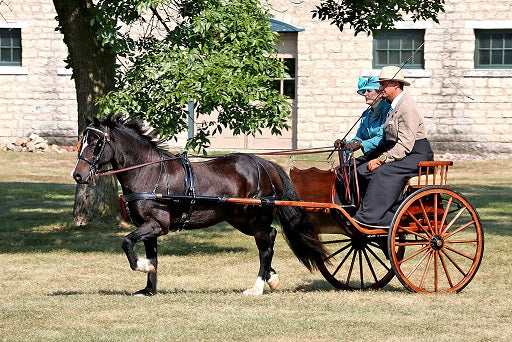
Communication Mistakes We’ve Made
I recently had a request from one of our customers to write about how to avoid a “rolling domestic” while on the carriage with your spouse or significant other. If both of you are involved in carriage driving like is the case in our family, you are bound to have a few disagreements over the years. I will give a few of our examples, but will preface, we have never had a knock-down, drag-out, screaming and yelling match over ANYTHING. We've had a few pointed words and some of what Chad terms “The Look” (which, by the way, he has determined that girls worldwide learn this expression at an early age, because all of our foreign exchange students from three different countries have also given him “The Look”, and not just me. 😊)
Our first major conflict was during one of our first pleasure driving shows. I had been driving and horse showing for a number of years, and Chad had shown at a couple of carriage shows. We were in a Turnout class, and I liked to have the both of us in the cart because a well-appointed passenger can add to the overall turnout even if not required. By this time, I was fully aware of point systems and division championships because my sister had already taken a horse that I had previously shown and earned Reserve Champion in a Junior division the year before. We were starting to understand how the “game was played” and figuring out how to up our game to be better drivers and get better performances.
Unfortunately, my teaching skills were put to the test in riding with Chad. I felt it necessary to coach him under my breath through the entire class. “Faster.” “Slower.” “More whip.” “Push.” By the time we got to the second way around the ring, Chad had enough. He finally returned my coaching with, “If you don’t shut up, I’m going to stop this cart in the middle of the ring and kick you out!”. I got the message. I shut up during the rest of the class, but it was tough. I so much wanted him to do well, I had forgotten that he really needed to do it himself. I didn’t ride with him the rest of the show, and voila, he actually won the Novice Whip division! I was a proud “mom”. I don’t think I ever rode with him again in another pleasure show when he was driving, but that was probably because by that time, I had other horses/turnouts of my own to deal with.
Later that year, I was driving the same horse at another show, and again, was putting too much pressure on myself to do well. Chad and my sister had already won divisions, and I had yet to accomplish that goal. (Of course, I had started the horses they drove and handed them over to them…but I digress.) I was driving through a set of cones that was strategically located near the in/out gate of the arena, and my horse zigged. We bumped the cone and the ball went down. It was enough to push me to 4th place in Cones, and I was devastated. We were in the hunt for the division championship, and that downed ball just bobbled my chances.
When we got back to the trailer, Chad decided to have a little “fun” with me, and jokingly said, “Why’d you hit that cone?” It was not what I needed to hear at the time, as I was already near tears. I’m pretty sure that was the time I hit him with a trace while I was taking the harness off the horse. We did finish with a Reserve Champion in Novice Driver at that show, but it would be four more years before I earned a Grand Champion. To add salt to the wound, the person who won the championship had changed vehicles for the second day of the show, and by the rules, should have shown under a different competitor number. I wanted to say something to the show management, but Chad told me to let it go because she was a nice lady who probably didn't know the rules. I reluctantly complied.
Some takeaways from the above story…
#1 - I now have strategies for driving cones that are set near gates. The course designer does that on purpose to see who really has control of their horse and who can deal with it. Maybe I will share those strategies someday…or maybe not. We’ll see. 
#2 – I DO NOT look at the scoreboard anymore during the competition! I have decided there is nothing good that can come from it! If you are doing well, you put pressure on yourself to keep doing well. If you aren’t doing well, you are irritated about it! I ask those around me not to tell me what the board says as well, or even inkle the results. When my classes are completely done, I look at the board. I tell my students who are competing to avoid looking at the board, too. I do think it is a good idea to have someone check the results during the show on your behalf just in case a mistake was made. We have had more than a few times that mathematical errors have shown up, some of which have had a large bearing on the overall results. We handle those graciously with the show staff, knowing that we are all human and that mistakes can be made (which is the whole point of this article series!).
#3 - I was very proud of the successes that my family had in the show ring, but ultimately was very jealous as well. I had a lot to do with their successes, but in my view, the rest of the carriage driving community had no idea how much work I did to make that happen. I had another student, a teenage boy, who had also won divisions under my tutelage that “rubbed it in” by saying with a smile, “You know what they say…’those that can’t…teach.’” I don’t think I threw anything at him, but I’m pretty sure he got “The Look”. I had based my confidence on what I thought other people thought about me…and it tore me up. 
A few years later, our family had started driving in Combined Driving Events. Our son, even though he was fully excited about navigating, was not nearly old enough to navigate for Dad. So, I got to do it. I had told Chad that I would navigate up to Prelim level, but I wasn’t going to subject myself to hanging off a perfectly good vehicle at a higher, faster level. (I’m not really a thrill-seeker and have a pretty good sense of self-preservation.  ) At one of our first CDEs, we were obviously driving at Training level. Our horse was ambitious enough to be good on overall required time, and since the time in the hazard (for us “traditionalists” they are still “hazards” even though the powers that be had to change the rulebook to say “obstacles” because “hazards” sounds too dangerous
) At one of our first CDEs, we were obviously driving at Training level. Our horse was ambitious enough to be good on overall required time, and since the time in the hazard (for us “traditionalists” they are still “hazards” even though the powers that be had to change the rulebook to say “obstacles” because “hazards” sounds too dangerous  ) really doesn’t have a bearing on your score in Training level, we ended up walking instead of trotting some of them to “kill time”. We had walked the hazards on foot together the day before, so I knew where Chad was going to drive. One hazard was basically 55-gallon drums set up with letters and there were more “holes” that you could drive than just the ones marked A, B, and C. Chad drove through the first required gate A, then went to B. As he headed for B, I told him that he missed B and had gone through a different hole. He said he didn’t. I told him he did. So, before he went to C, he said, “Fine, I’ll do B again.” It helps to know the rules that you can drive a gate again without penalty. He knew that rule. This time, Chad drove B correctly, and of course, I confirmed that by saying, “There, you got it that time.” He said, "I already did B, but whatever." When we left the hazard and thanked the volunteers, one of them said with a smile, “Good job.” To this day, Chad still thinks he drove that gate right, and I think he drove the first one wrong. This was long before people wore video cameras on their heads! I was just telling this story to our current foreign exchange student, and she asked what the score sheet said, because the show volunteers record the route you take and the gates you drive in order on the sheets. I had forgotten about that…so I looked it up! (Yes, I keep all the score sheets from every show, and yes, I am that anal. 😊) All of the hazard sheets said A, B, C. Not one said A, B, B, C. Ironically, he won that class. It was one of that horse’s last shows, as the gelding was 20 at the time.
) really doesn’t have a bearing on your score in Training level, we ended up walking instead of trotting some of them to “kill time”. We had walked the hazards on foot together the day before, so I knew where Chad was going to drive. One hazard was basically 55-gallon drums set up with letters and there were more “holes” that you could drive than just the ones marked A, B, and C. Chad drove through the first required gate A, then went to B. As he headed for B, I told him that he missed B and had gone through a different hole. He said he didn’t. I told him he did. So, before he went to C, he said, “Fine, I’ll do B again.” It helps to know the rules that you can drive a gate again without penalty. He knew that rule. This time, Chad drove B correctly, and of course, I confirmed that by saying, “There, you got it that time.” He said, "I already did B, but whatever." When we left the hazard and thanked the volunteers, one of them said with a smile, “Good job.” To this day, Chad still thinks he drove that gate right, and I think he drove the first one wrong. This was long before people wore video cameras on their heads! I was just telling this story to our current foreign exchange student, and she asked what the score sheet said, because the show volunteers record the route you take and the gates you drive in order on the sheets. I had forgotten about that…so I looked it up! (Yes, I keep all the score sheets from every show, and yes, I am that anal. 😊) All of the hazard sheets said A, B, C. Not one said A, B, B, C. Ironically, he won that class. It was one of that horse’s last shows, as the gelding was 20 at the time.
At one of the last CDEs in which I navigated for Chad (since our son is now old enough and I'm "not allowed" to navigate anymore... ), we were driving our Welsh Cob mare in Prelim. We had just finished Section A and were completing the Walk Section. The mare typically had a huge walk, so I wasn’t thinking at all about making the required time. I was just sitting on the back fender enjoying the ride. As I was watching the road and the trees go by, I started whistling. I whistle a lot. It drives Chad crazy. Chad finally asked me to stop, but I asked why. He said that he was going through the next course in his head and I was distracting. That made sense to me, but it was REALLY hard not to continue to whistle. Later on that same course, I found myself singing in between hazards, and Chad had to remind me to be quiet so he could think. Chad now navigates at the FEI level, and I have a Navigator article in the works that will deal more with communication between a driver and navigator.
), we were driving our Welsh Cob mare in Prelim. We had just finished Section A and were completing the Walk Section. The mare typically had a huge walk, so I wasn’t thinking at all about making the required time. I was just sitting on the back fender enjoying the ride. As I was watching the road and the trees go by, I started whistling. I whistle a lot. It drives Chad crazy. Chad finally asked me to stop, but I asked why. He said that he was going through the next course in his head and I was distracting. That made sense to me, but it was REALLY hard not to continue to whistle. Later on that same course, I found myself singing in between hazards, and Chad had to remind me to be quiet so he could think. Chad now navigates at the FEI level, and I have a Navigator article in the works that will deal more with communication between a driver and navigator.
In the end, our communication issues stated above generally came from two overall problems. Borrowing from Dr. Emerson Eggerichs’ book on Love and Respect, generally men desire respect and women desire love. Yes, both like to be loved and respected, but men really crave respect, and women really crave love. So, when I coached Chad through the Turnout class, I was ultimately disrespecting his ability to do it on his own. When he picked on me about hitting the cone, I was feeling unloved and inadequate. In those moments, those remarks during our stressful events were not helpful to each other and resulted in negative responses and emotions. Ultimately, we have worked to avoid conflict and “rolling domestics” by supporting each other through love and respect. Lately, that’s worked pretty well. 😊
- Choosing a selection results in a full page refresh.

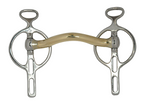
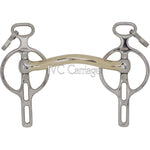
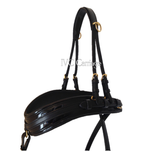
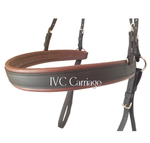
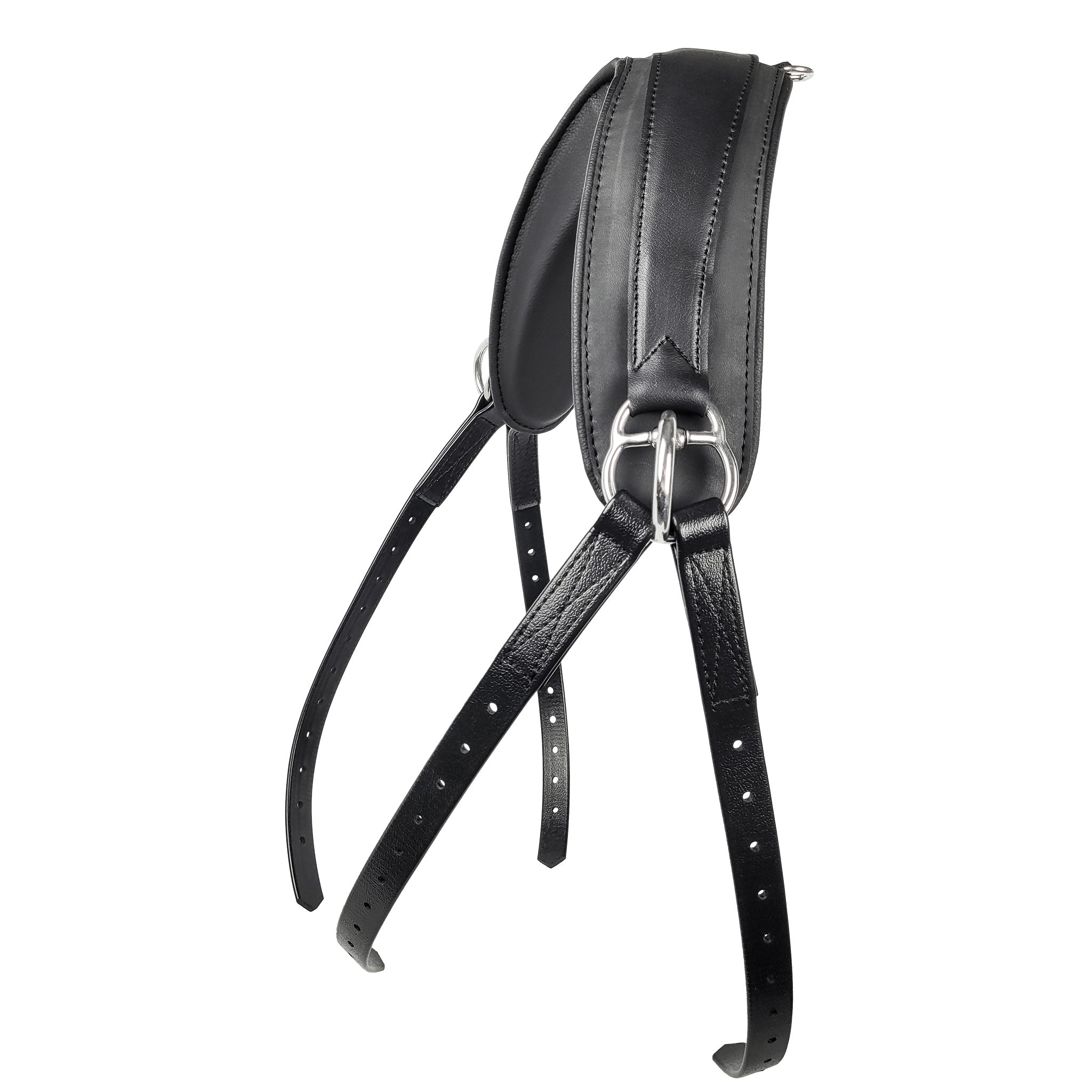
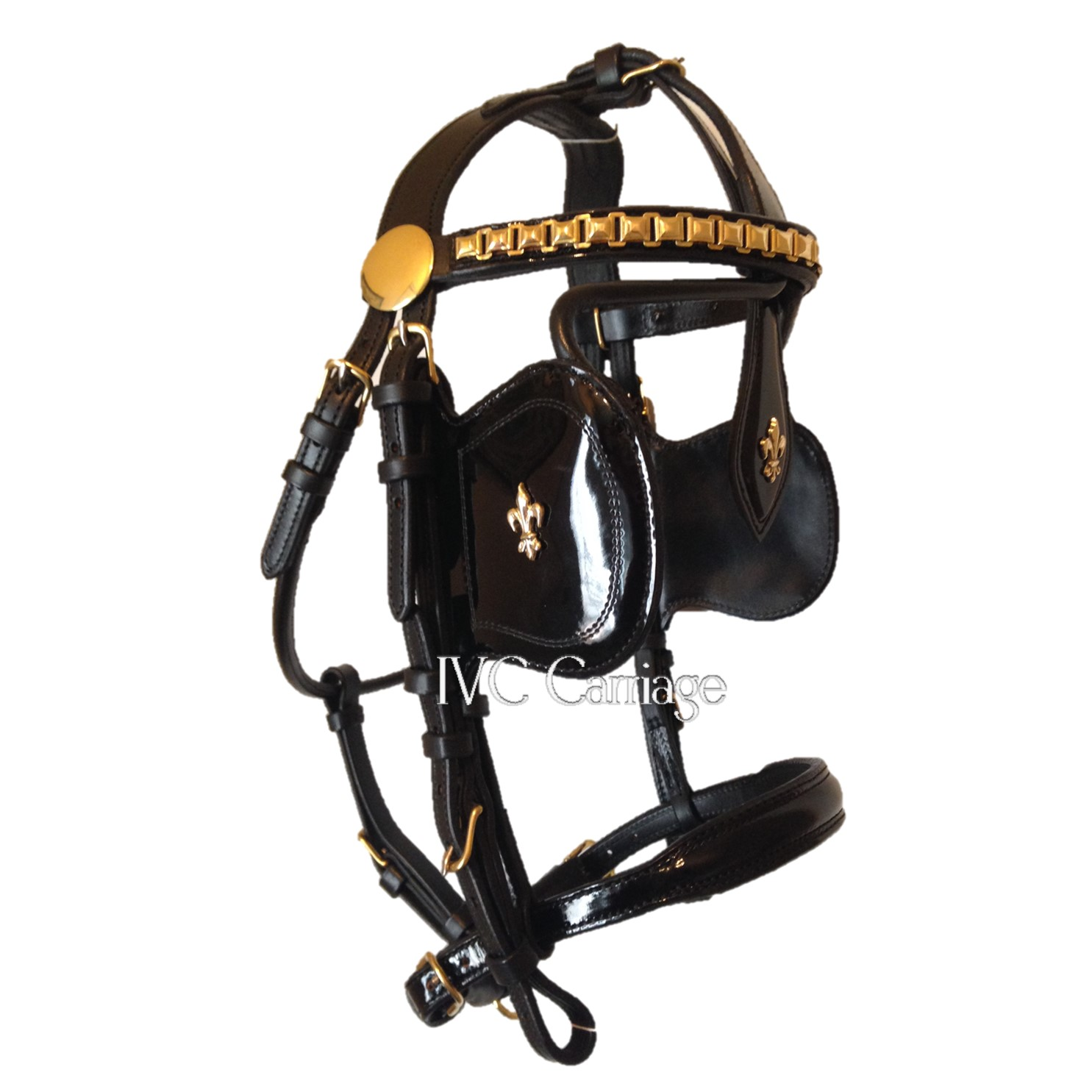
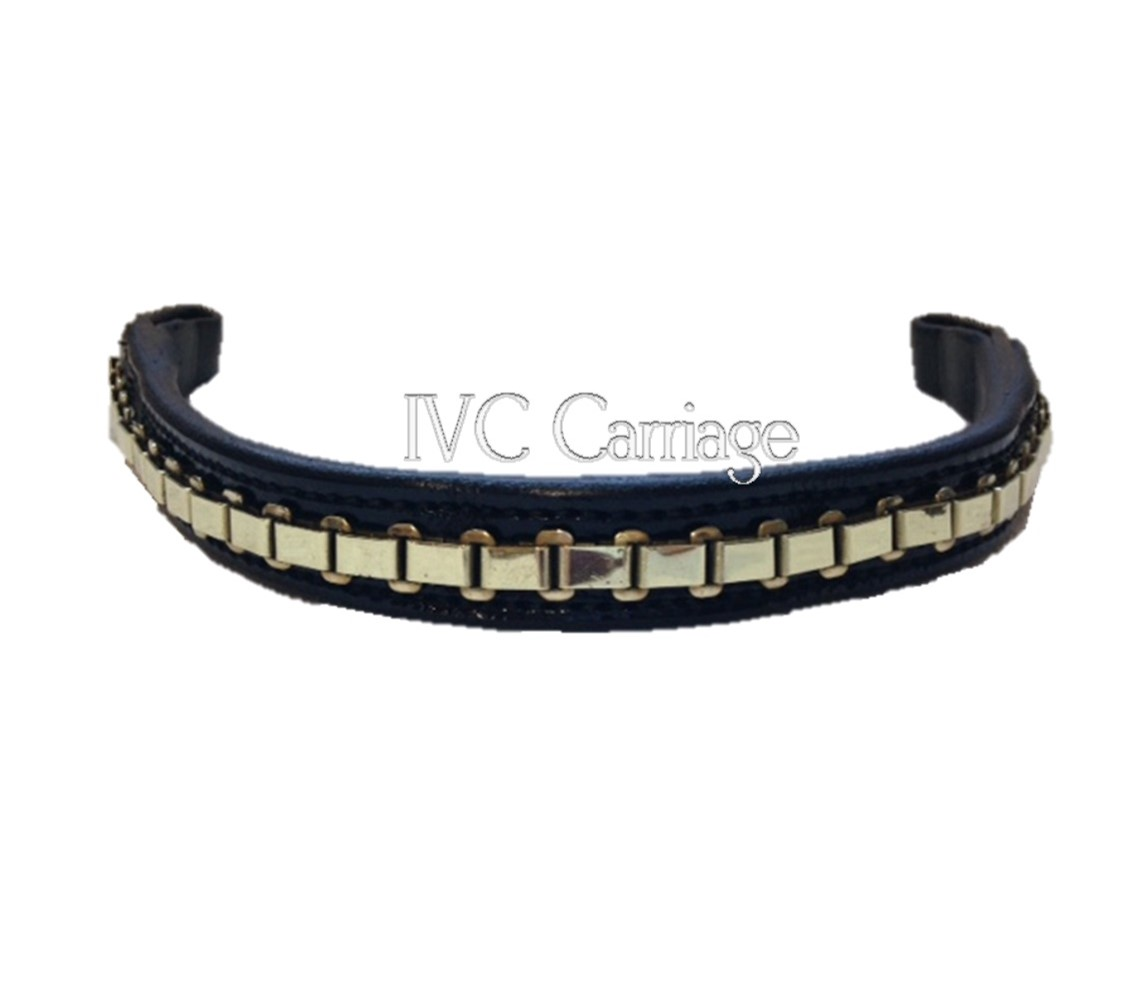
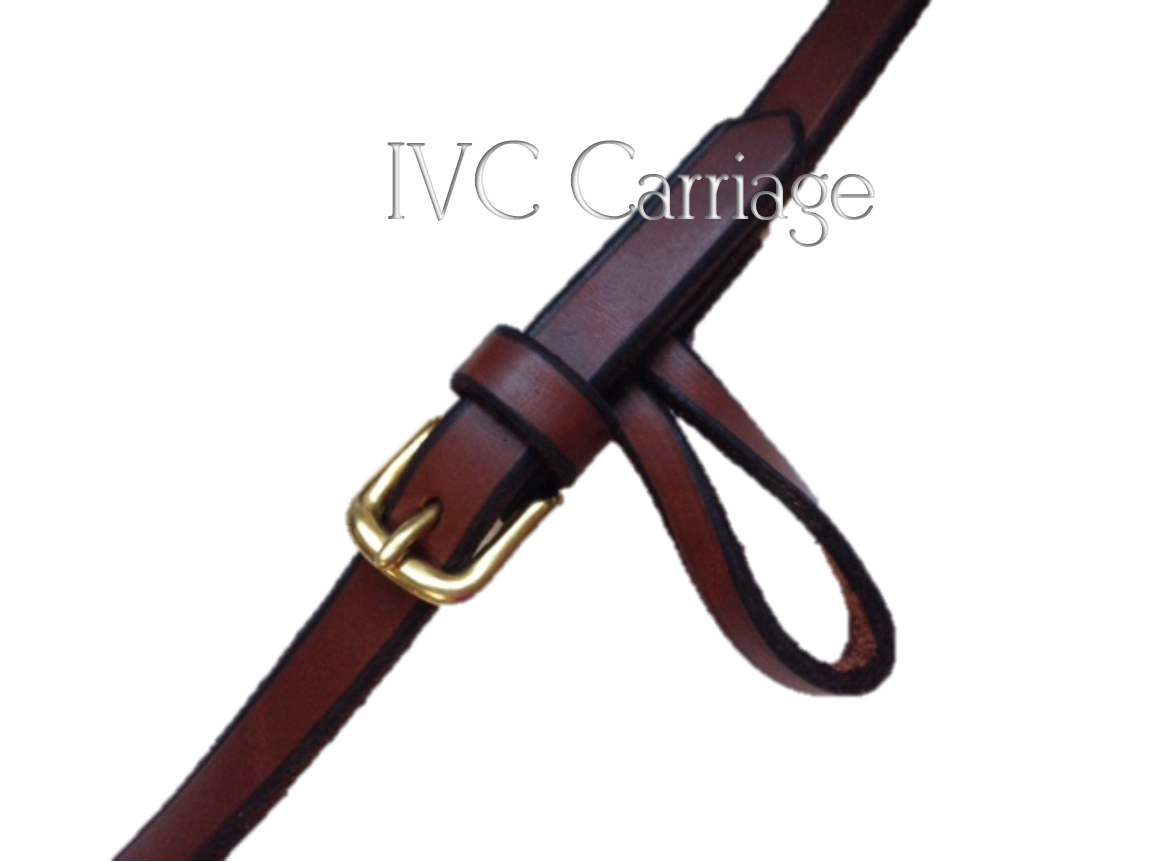
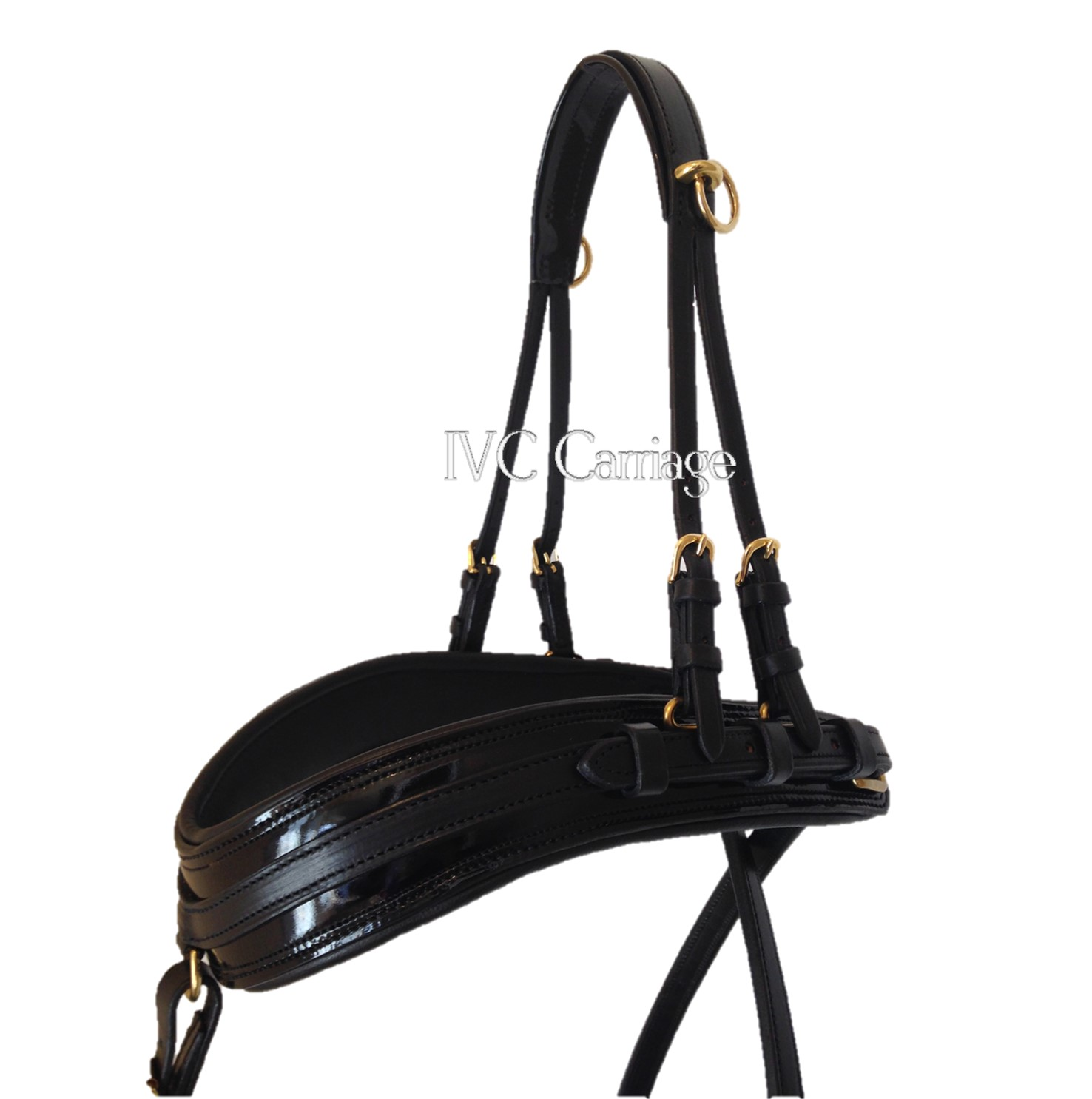
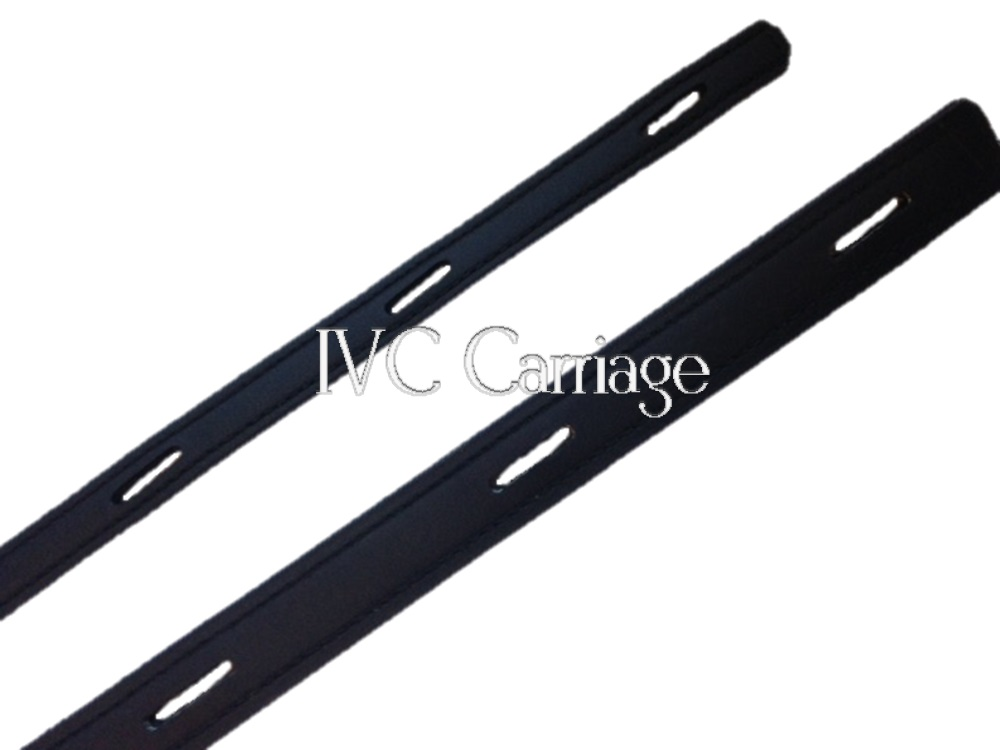
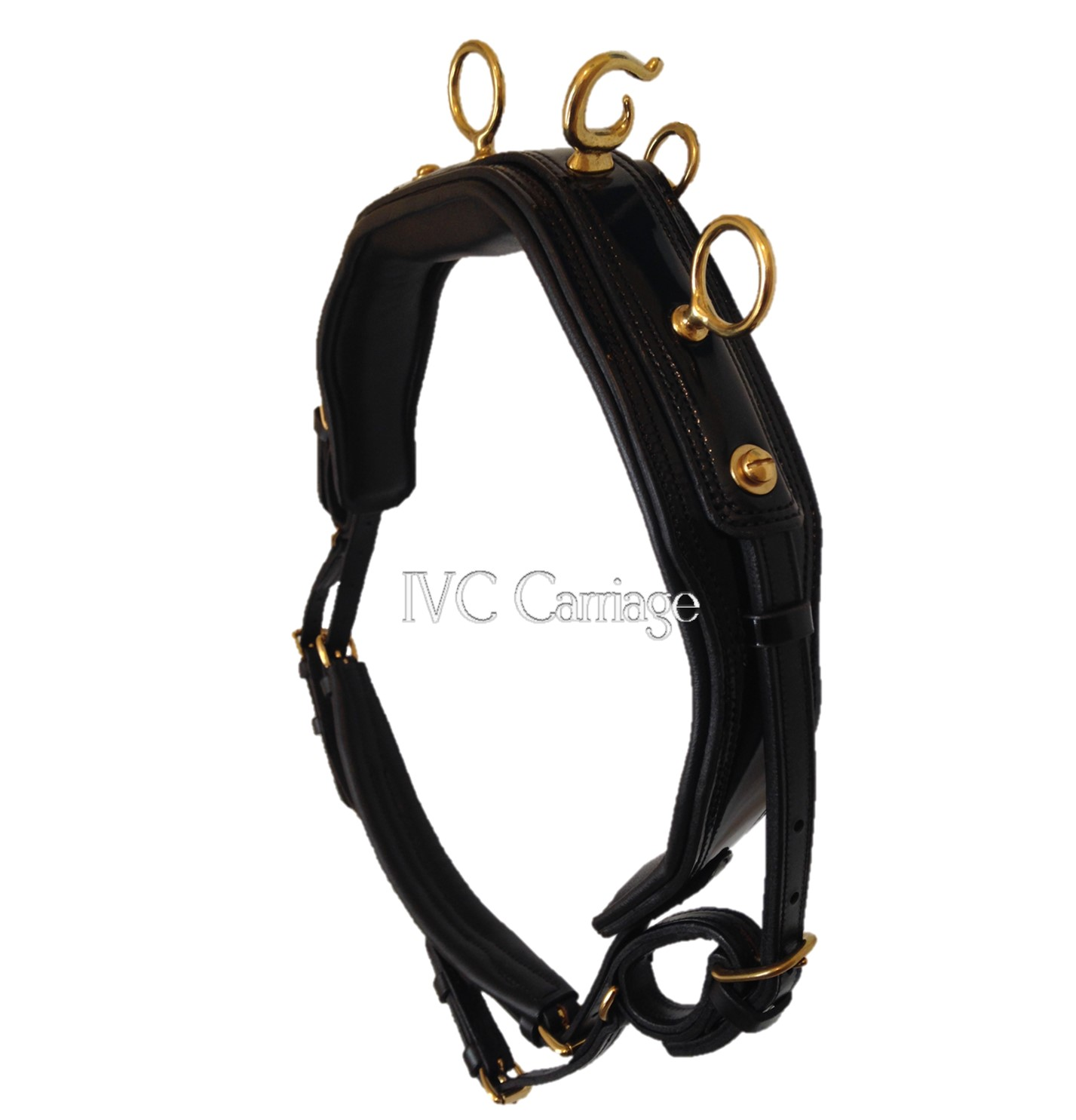
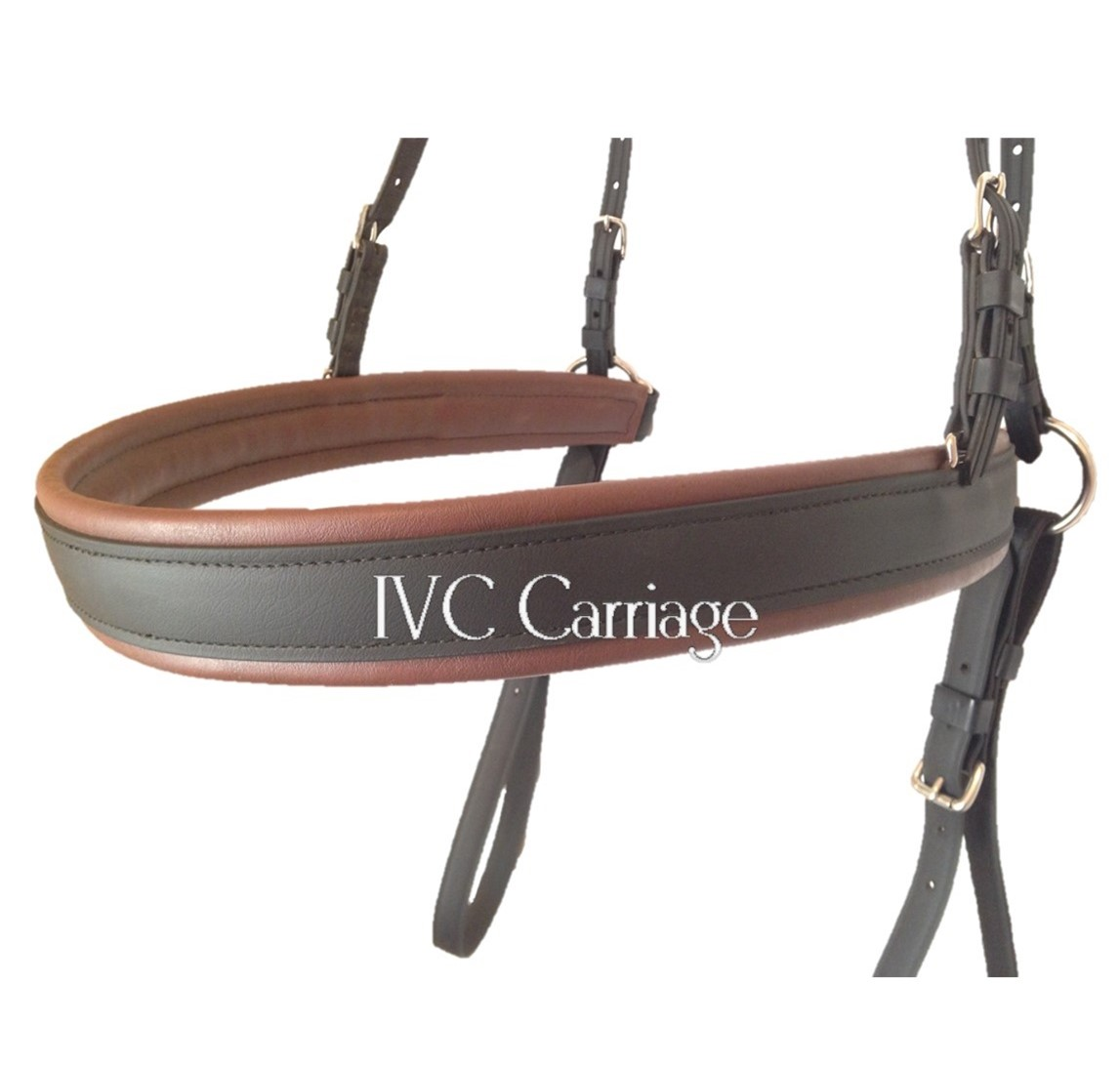
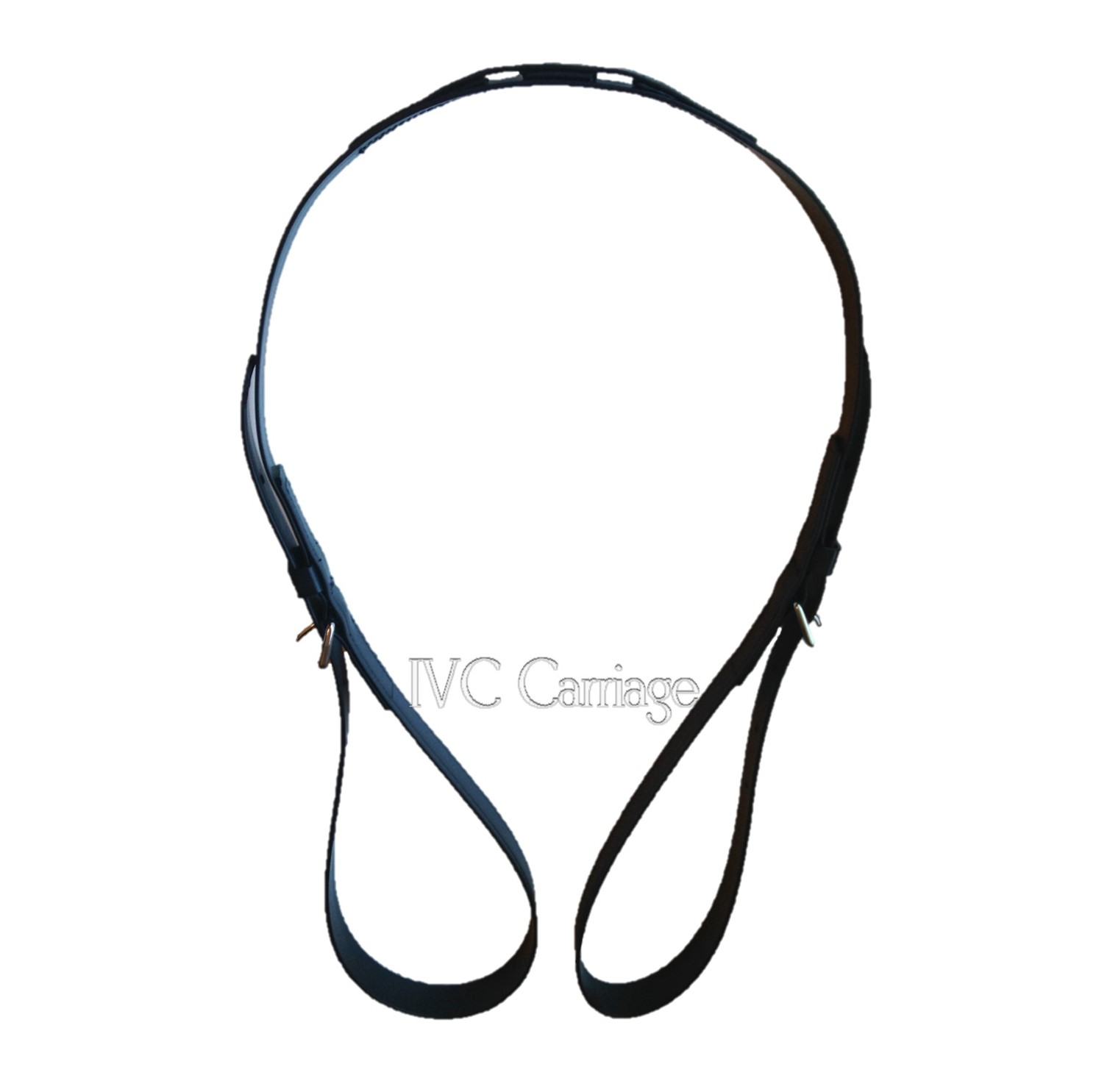
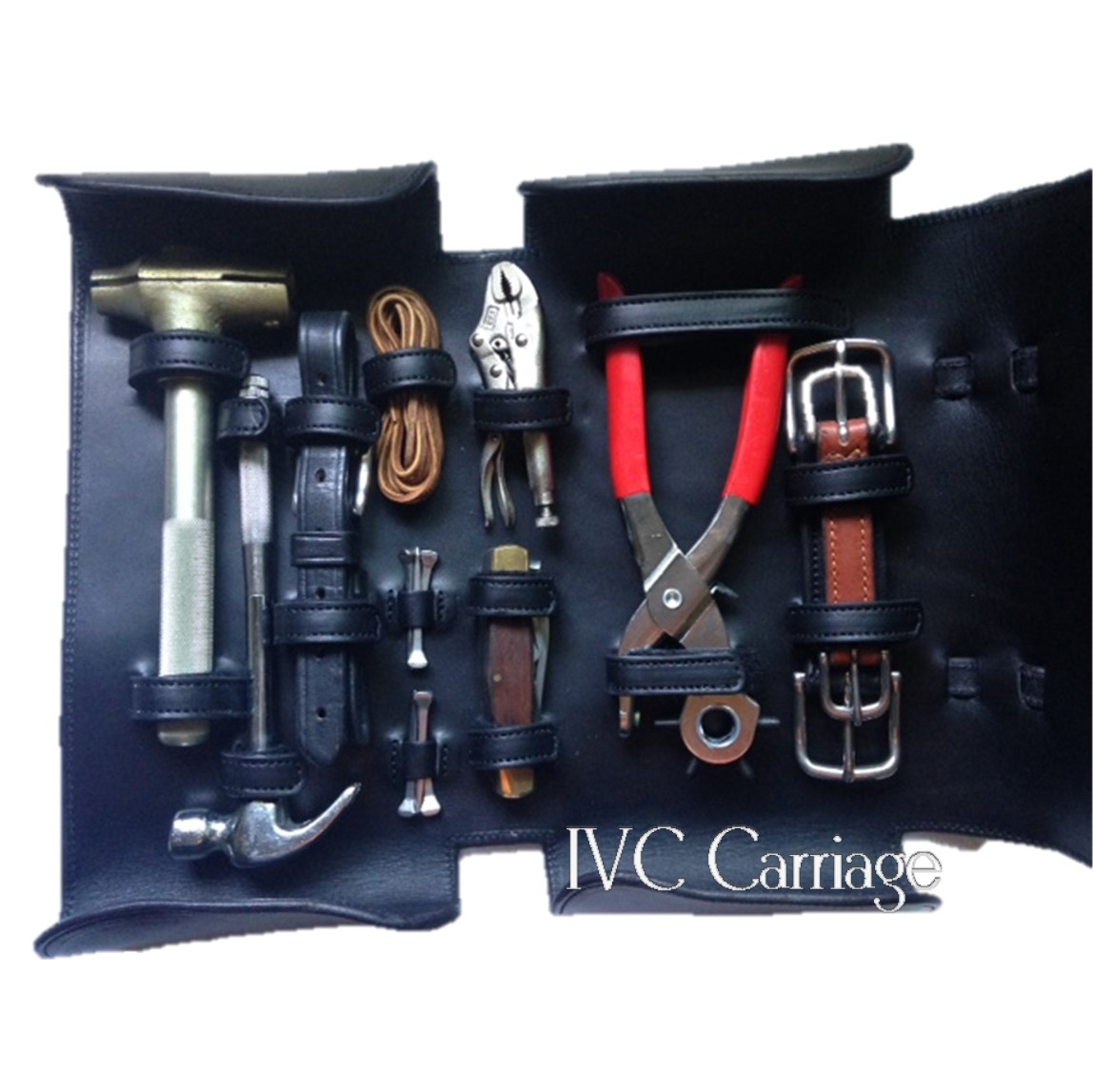

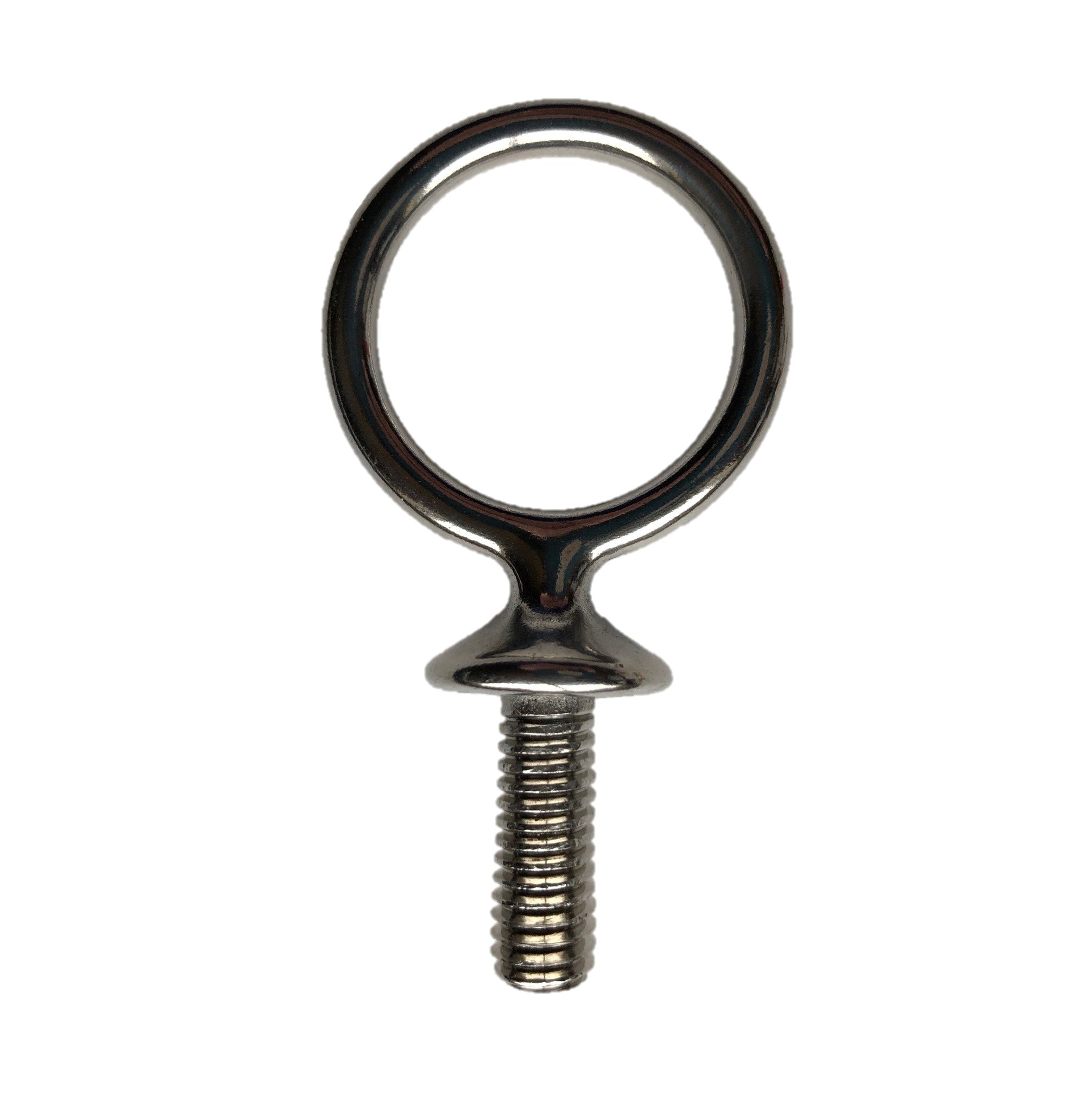
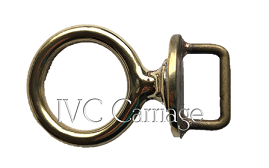
1 comment
Fran Seidl
Excellent article. Thank you for sharing!